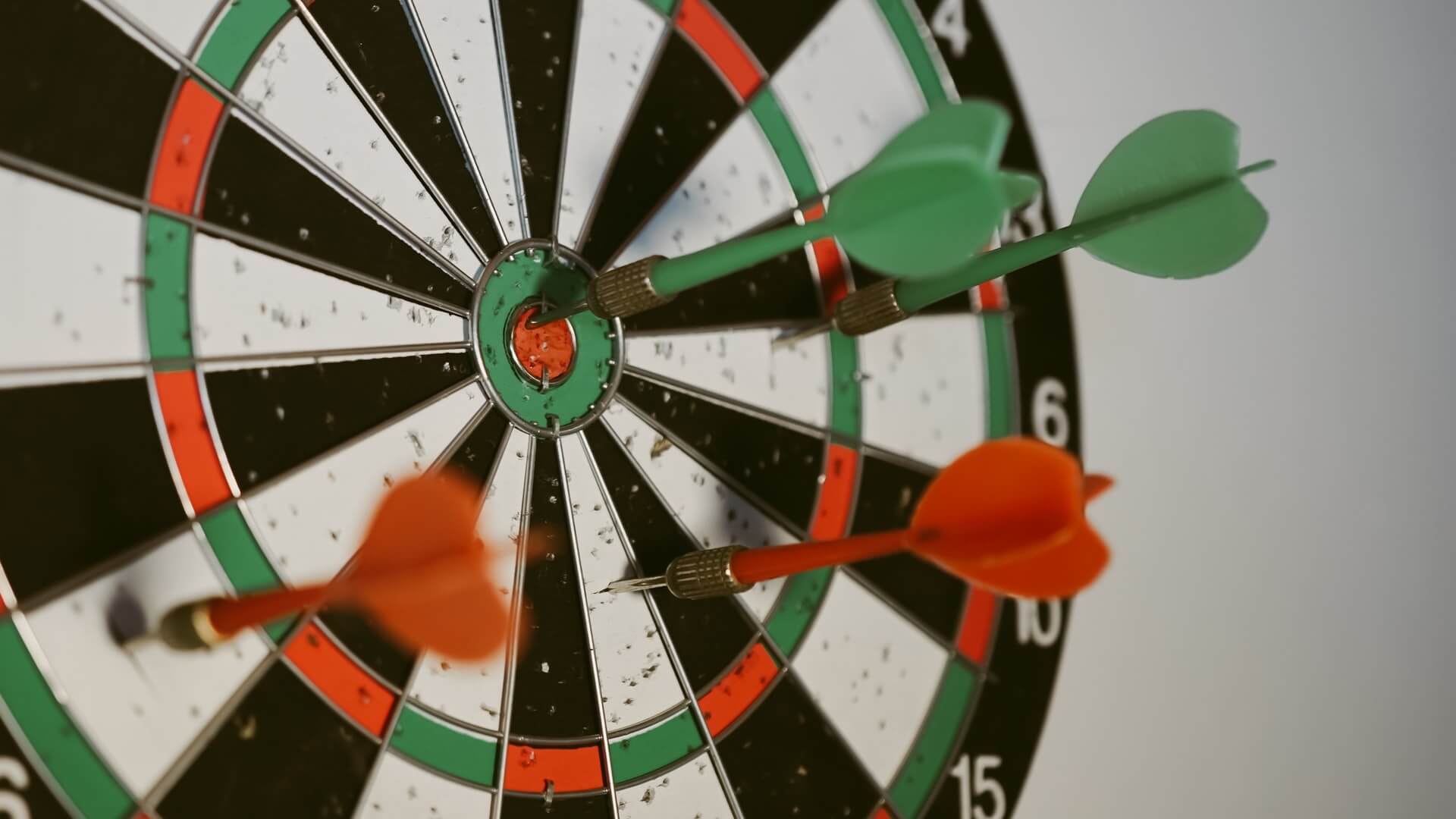Why Operators Need to Set Goals
by David Klemt

Something restauranteur Mike Bausch said during the 2021 International Pizza Expo caught my attention.
It stuck with me for a few days. Eventually, I had no choice but to write it down and share it with others.
“If you don’t have a goal,” Bausch said, “you just have a dream. And dreams are just fluff.”
Goals are Measurable
An operator’s goals don’t stop with realizing the vision of opening their business. Rather, that’s when setting goals starts.
Starting up a restaurant, bar, brewery, entertainment venue, hotel… Just getting to the point of opening the doors for the first time requires accomplishing multiple goals.
In fact, our Roadmap to Success identifies several steps—or goals—to achieve to open a startup.
But, hey, let’s say a person’s goal is to open a business. What’s next? Just running that business? That’s not much of a goal. It isn’t defined, it isn’t really measurable, and it won’t accomplish much.
There’s a reason KRG Hospitality offers coaching for operators after they’ve opened for business. Our work doesn’t end with the grand opening.
Similarly, “I want to make a bunch of money” also isn’t really a goal. That’s a result; goals are what help you achieve desired outcomes.
So, instead of writing down making money as a goal, come up with goals that will:
- build social media followings;
- recruit and retain top talent;
- boost traffic on a slow night;
- increase weekly revenue; and
- decrease F&B costs.
Of course, those represent just a tiny handful of possible goals.
Goals Drive Forward Progress
Because goals are measurable, they help an operator and their business continue growing. So, when operators make goals, they’re working to ensure long-term viability.
Yes, building a bank account and setting one’s self up for retirement can be goals. But how does an operator achieve either of those goals?
They set and achieve the goals that will drive them toward those two personal accomplishments.
Also, in achieving a number of other, equally important goals, the business moves forward constantly. In essence, a restaurant or bar without goals is a listless ship floating in the doldrums.
An effective captain keeps wind in the sails.
Goals Strengthen Teams
Sticking with the ship metaphor because it’s incredibly original and has never before been done, it needs a crew.
So, too, does a restaurant, bar, entertainment venue, or hotel.
Sure, the basic goal of an employee is making money. Generally speaking, that’s not enough of a goal to keep a team member engaged and loyal.
However, an operator being transparent about financial goals (for a particular shift, the week, the month, etc.) engages the team.
Likewise, an operator can (and should) inquire about employees’ individual goals. Then, they should come up with mutually beneficial ways to help accomplish those goals.
Clearly, those are just two examples of how operators can include their teams in the goal-setting process.
The keys to setting goals are:
- make sure they’re clear;
- ensure they’re achievable;
- be certain they’re measurable;
- when relevant, be transparent about the results with the team;
- learn from failures or sub-optimum results; and
- celebrate wins.
And then, of course, set new goals.
So, are you a dreamer or are you a visionary: a dreamer and a doer?
Image: Afif Kusuma on Unsplash
